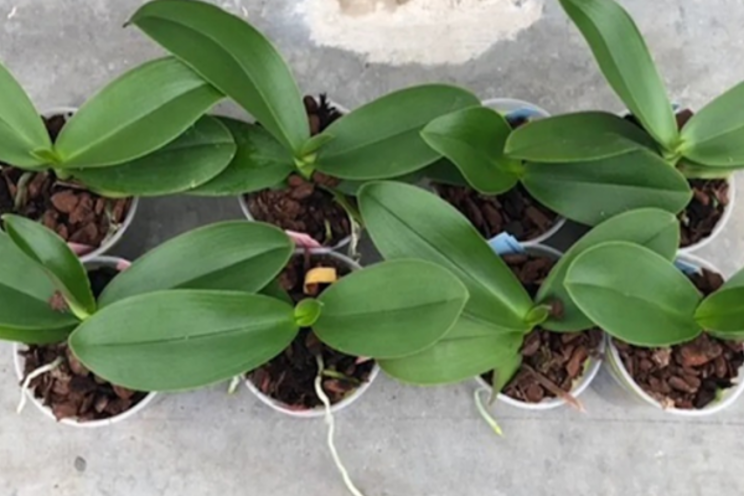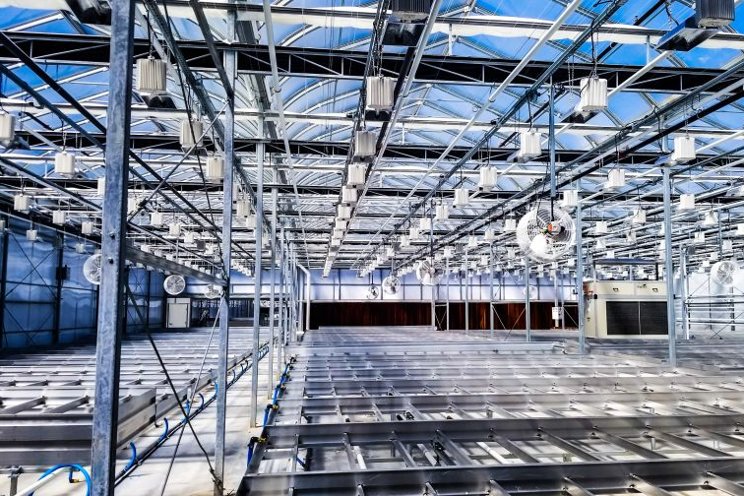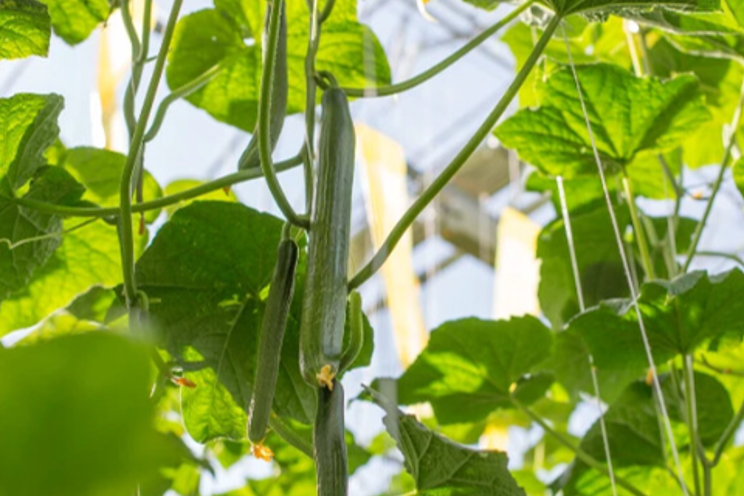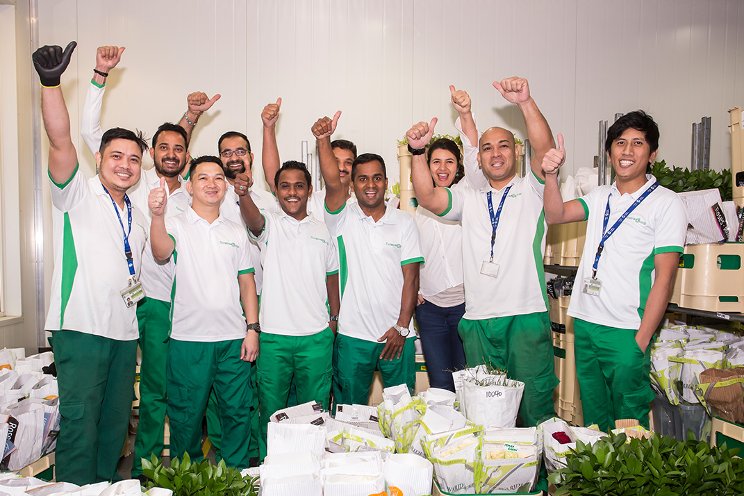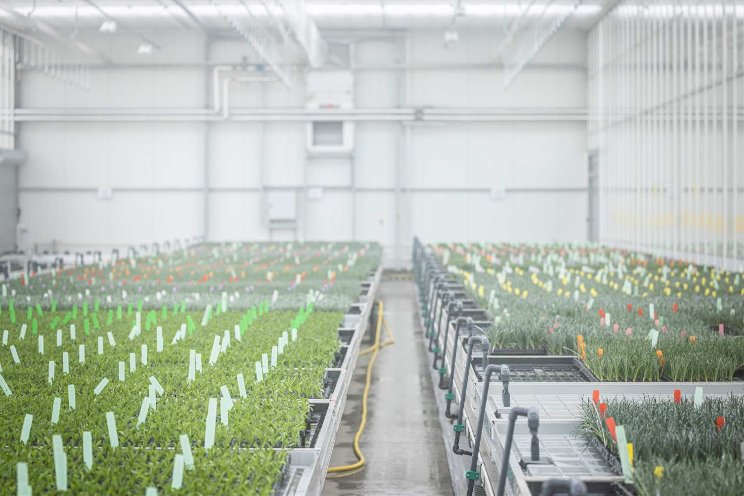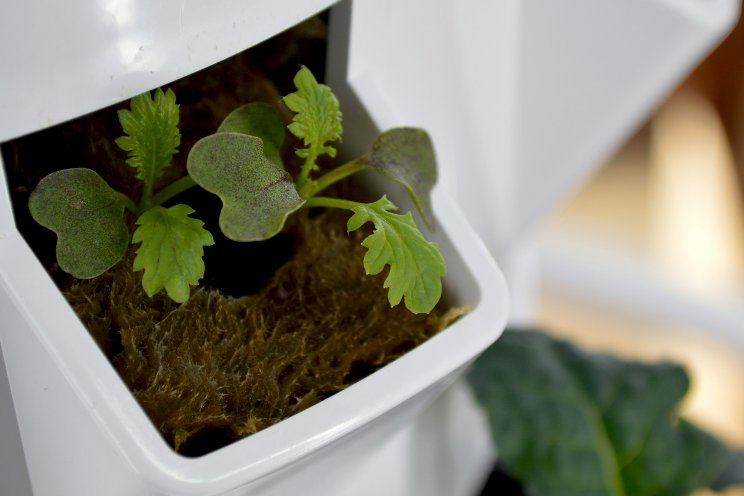From vertical farming to hydrogen powered tractors
Added on 17 January 2023
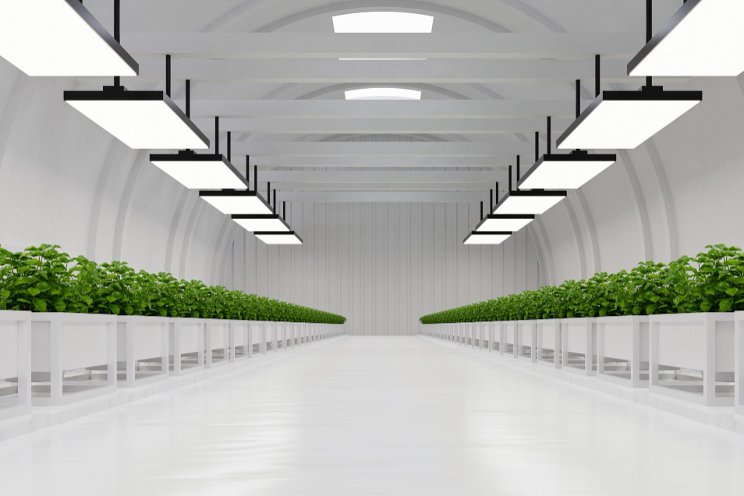
How this looks for small farms will be very different to how it looks for large enterprises. Yet, every farm, no matter the size, will need to use new innovations to maximise operational efficiency and reduce carbon emissions.
In a series of striking new images made using artificial intelligence, we explore the emerging trends and technologies to show what the future could hold for UK farmers.
There's a lot of talk right now in the agricultural sector about the use of vertical farming - where produce is grown in stacked layers in an indoor environment using LED lighting and closed-loop water recycling.
Considered by some scientists to be a greener alternative to traditional farming, vertical farms can drastically reduce water usage – up to 95% by some estimates – as well as the number of miles our food must travel to reach us.
It can also save on a great deal of space. One acre of vertical farm has the potential to grow the equivalent of up to 20 soil-based acres (depending on the crop being grown).
While this might sound futuristic, vertical farming is already being trialled here in the UK, and there are even plans to open the 'world's largest vertical farm' in Gloucester. There are a number of underground farms being developed, which are similar in concept except that there's a limit to how high the tubes can be stacked. We expect to see plenty more cropping up in the next few decades, particularly in cities where space is limited.
The big challenge will be how farmers minimise and optimise their energy usage, particularly when you consider the amount of electricity required for air pumps and dehumidifiers.
In addition to feeding the local community, farmers could also help to power their homes.
As the owners and managers of 70% of the UK's land stock, farmers are well positioned to support the roll-out of renewable energy projects. Many farmers already generate renewable electricity onsite to help power their own operations. Any excess is then sold back to the Grid through a Power Purchase Agreement with a renewable energy supplier.
Image by vanitjan on Freepik
More news
